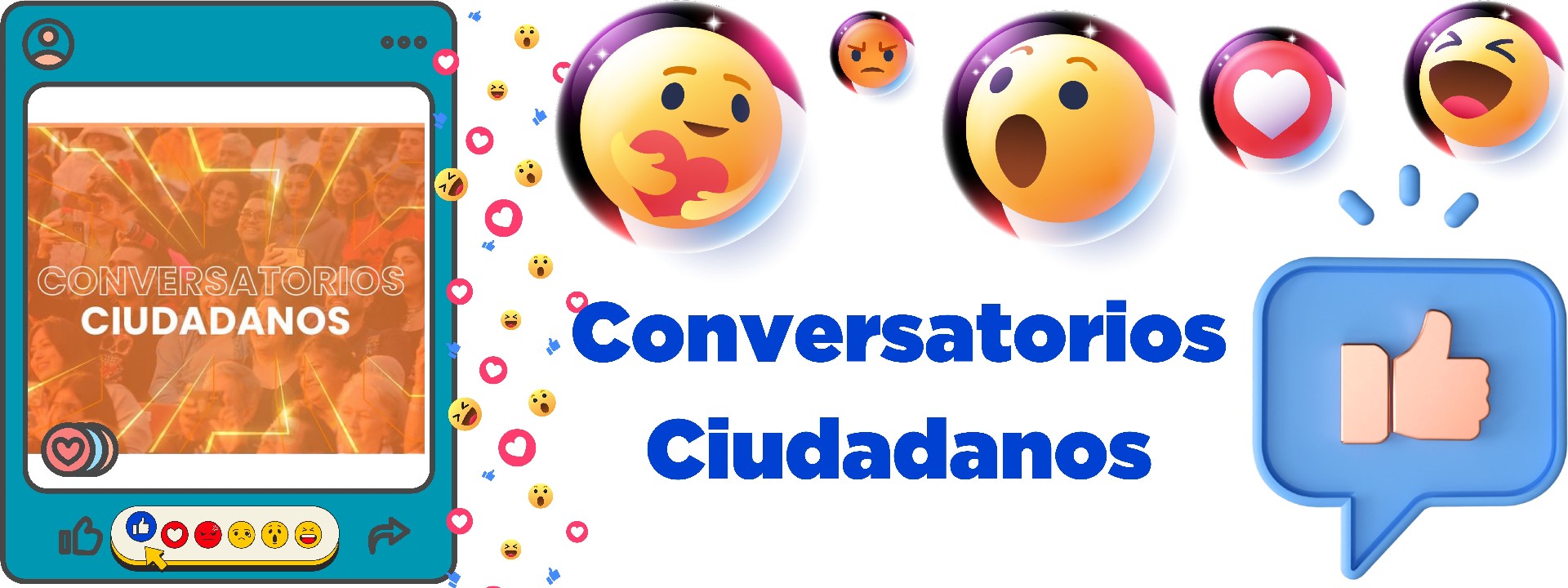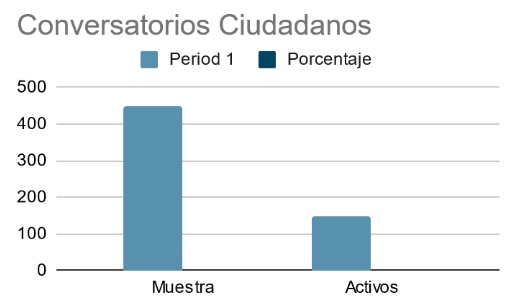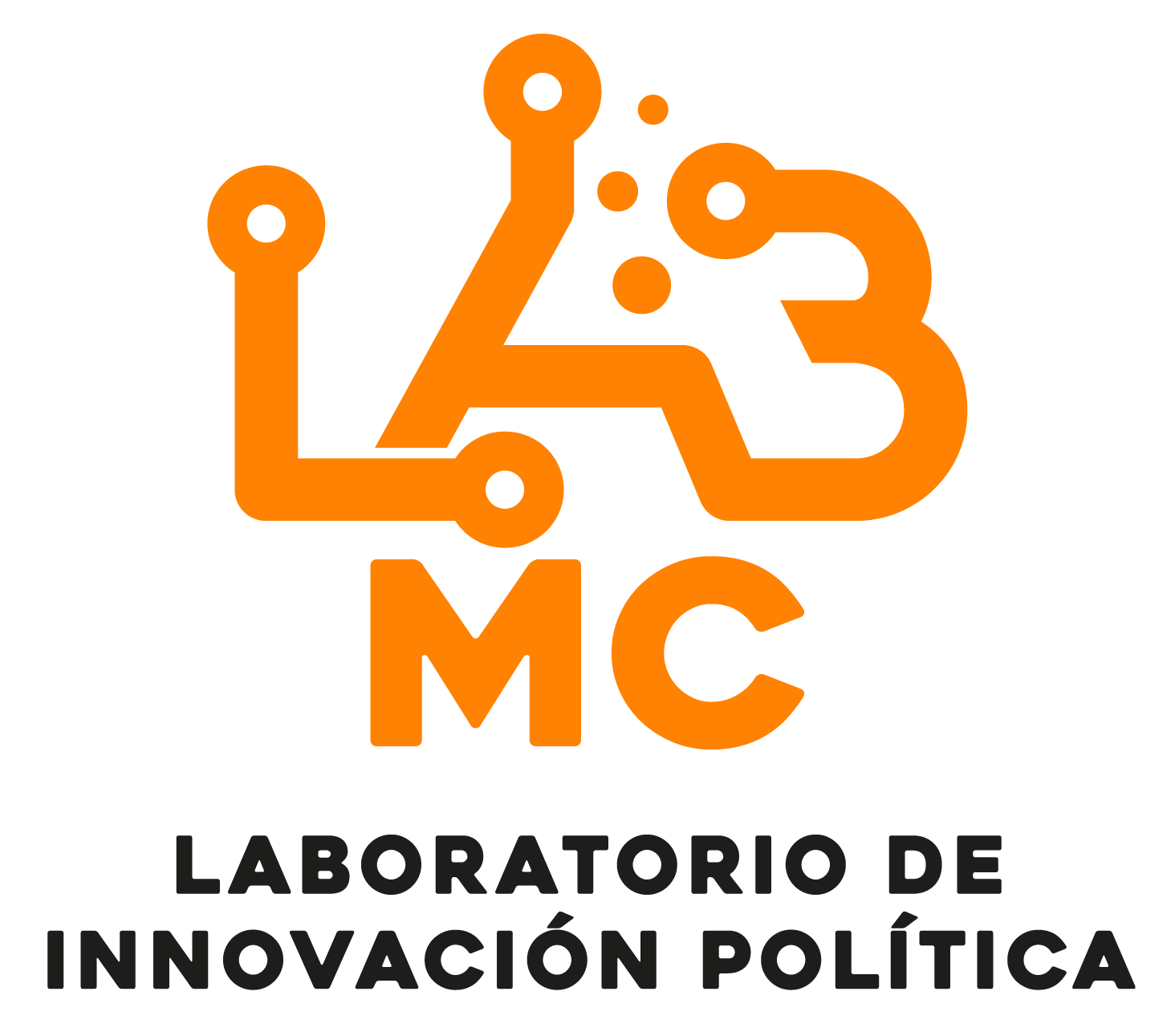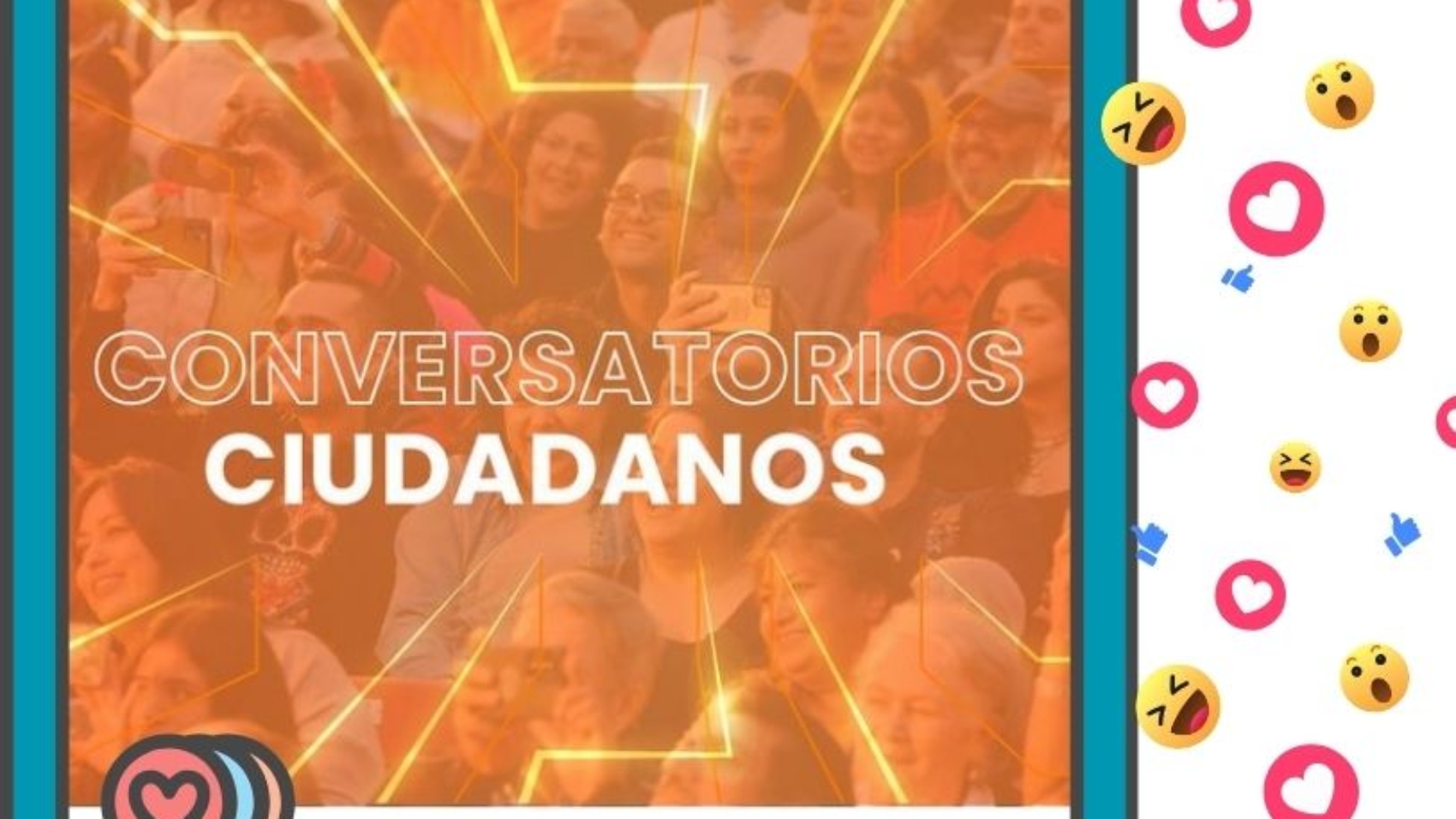
call to action
Citizen and political participation has decreased because the same citizens are the ones who show distrust towards their representatives:
“According to the Roosevelts Institute’s survey applied to 1,000 young people in 2013, even though millennials firmly believe in an activist government, less than 30 percent think their voice is currently represented in the democratic process. This spread of mistrust is not exclusive to the United States. Only 44 percent of people surveyed in other 25 countries trust the government to do the right thing, and a smaller number, 15 percent, express a lot of trust. This perception that the government is ineffective coincides with the growing disconnection between real and hypothetical citizen participation .” (Beth Simone Noveck ,2017)
This new perception that citizens have towards governments and institutions speaks about the low level of trust they have in their government made us reflect on how to make citizens feel like participants in a democratic process that listens to them.
This exercise tries to put into practice new ways of practicing democracy while generating collective participation online, where all citizens who wish to do so can participate and express their opinions for the benefit of their community.
Theory of change
By getting citizens to take control of these spaces, we will ensure that their needs are taken as part of the candidate’s/representative´s agenda. In this way, the Forums serve as public spaces focused on the common good.
Description
In the 2024 electoral period, Citizen Forums are neighborhood groups open to the public on Facebook. There are a total of 450 Forums across the country, one for each region. These digital communities offer neighbors the possibility of locating the Movimiento Ciudadano´s candidates and learning about their proposals. In them you can interact with the avatars of the candidates at all levels, President, Governor or Head of Government, Senators, Federal Deputies, City Councils, local Deputies.
Thesis
By creating spaces for public deliberation in a social network already adapted and known by neighbors such as Facebook, we can encourage the exchange of ideas in search of solutions to the needs of neighbors from the local level. As these spaces are linked to local political actors, the resulting ideas can be adopted as a guide for the generation of local agendas.
Challenge
Generate a digital public space and receive citizen exchanges. Where the citizens themselves are participants in the public debate as generators of diverse and plural opinions.
Approach
Create an open space through Forums, in a public and digital space for citizens with the exchange of different ideas that encourage dialogue and open two-way collaboration.
Aim
The goal is for the Forums to remain active with the participation of both, citizens and representatives, to solve problems through open collaboration.
Possible Obstacles
We face a citizenry that has other political positions that are different or not very similar to ones of the party Movimiento Ciudadano.
concepts
Digital governance, Citizen participation, political participación, Digital democracy, digital tools, Digital public space, delibeartion.
Methodology
First, the social network Facebook was used because it is one of the most used social networks in the country having more that 90 million users. This enlights us about the level of accessibility to this social network to generate interaction with citizens.
Secondly, the Forums were named as follows: “Conversatorio Vecinos Estado Municipio”
Thirdly, a regulation was added to each Forum that establishes the rules of coexistence within the Forum, this in addition to the policies already offered by the social network.
Fourthly, a sample of 450 local districts was taken where there was an election in 2024. Each citizen has access to the corresponding Local and Federal Districts; in this sense, the Federal and Local levels were unified taking into account the number of population in both districts, which facilitate a broad and real socio-digital interaction with the people who participate and give their opinions within the Forum.
Finally, content of value for citizens was published, seeking to encourage dialogue by placing topics relevant to citizens such as: Environment, Security, Education, Health, Infrastructure, among others, even the citizens themselves participated by publishing relevant information.
Chronicle
The design of the conversations began on February 23, 2024. The local and federal districts with the greatest number of citizens and in which there was at least one party representative were determined.
A regulation was drawn up with the purpose of establishing the rules of coexistence. A cover photo alluding to the party was added to differentiate itself from other groups and the word Vecinos was adopted as an element of closeness to citizens.
All the Citizen Forums had the premise that in each one of them three weekly publications were made, with approaches on:
- Environment
- Democracy
- Indigenous communities
- Health
- Gender Equality
- Social justice
- Education
These axles have their origin with the Legislative Agenda and the Program of Movimiento Ciudadano. In addition to the citizens own agendas, which are also adapted to those of the party from the local level, this benefits citizens because it opens a digital public space, and encourages participation on issues of local interest but also on issues that are addressed at the national level.
Results
The results obtained during this exercise in the first phase, it turned out that of the 450 Forums that remained active, a total of 150 had posts made by both, citizens and representatives, periodically. It represented 33.33% of the total conversations.

What was observed with said data is that the interaction within the new digital communities is that they grow organically and that it is necessary to constantly post so that citizens react, comment, participate and collaborate in solving problems in their communities.
Learnings
One of the lessons we learned when undertaking this exercise in its first stage was that we were able to establish communication with several of the country’s electoral districts, achieving massive collaboration at the National level.
Secondly, establishing active participation with citizens in order to collaborate on some of the possible solutions to the problems of the specific communities of each region.
Future
What we envision in the future is being able to offer citizens active and present collaboration for decision-making and for the collective search for the problems of each electoral district.
Bibliography
Noveck Beth Simone, Smart Citizens, smarter state: the technologies of expertise and the future governing. 2017. https://es.everand.com/read/669099563/Ciudadanos-Inteligentes-Las-tecnologias-del-conocimiento-y-el-futuro-de-gobernar
Stephen Coleman The internet and democratic citizenship, 2009. Cambridge University press. https://assets.cambridge.org/97805215/20782/frontmatter/9780521520782_frontmatter.pdf
Simone Kemp, DataReportal Mexico, 2024, Digital 2024: México, https://datareportal.com/reports/digital-2024-mexico
Luis F Fernandez, Alexander dey bueno , Democracia digital en México 2021 Movimiento Ciudadano 2022. https://movimientociudadano.mx/storage/books/pdfs/3697/6.-Democracia-digital-en-mexico.pdf
Coleman, Stephen Can the Media Serve Democracy? Hardcover – February 2015 https://www.researchgate.net/publication/304878686_Introduction_Can_the_Media_Serve_Democracy

